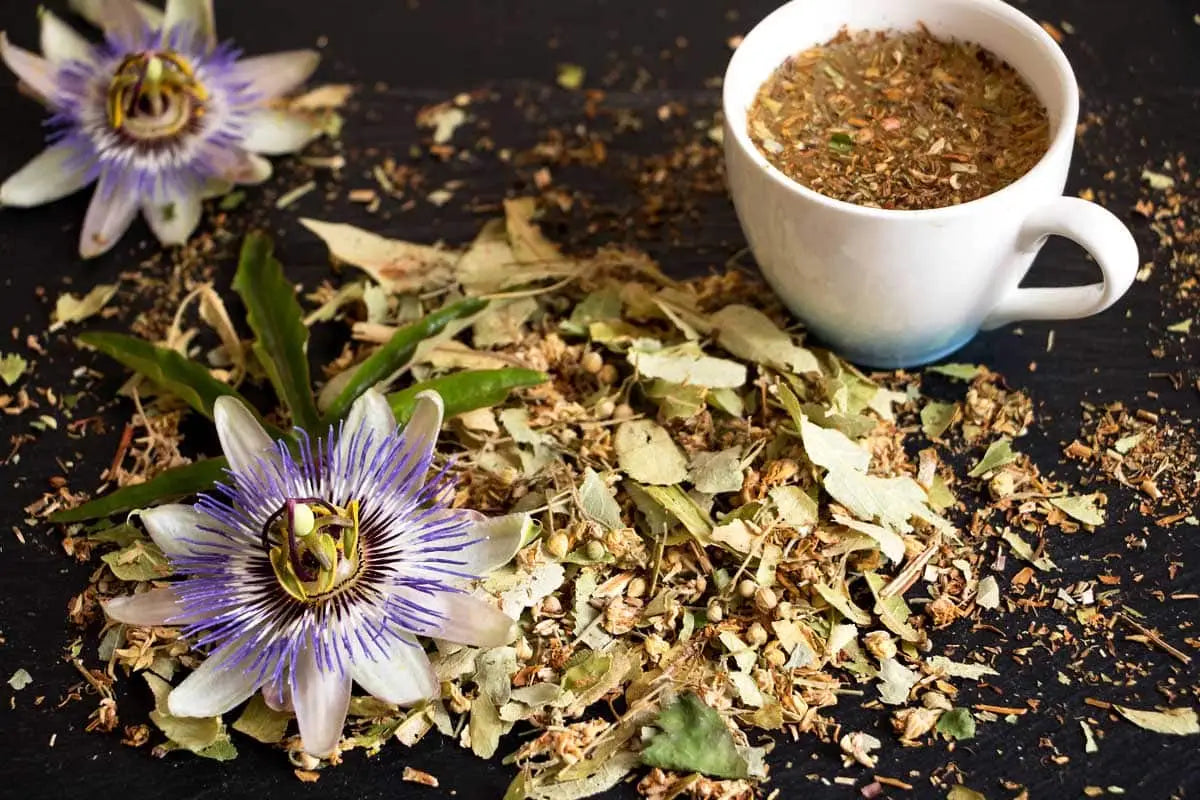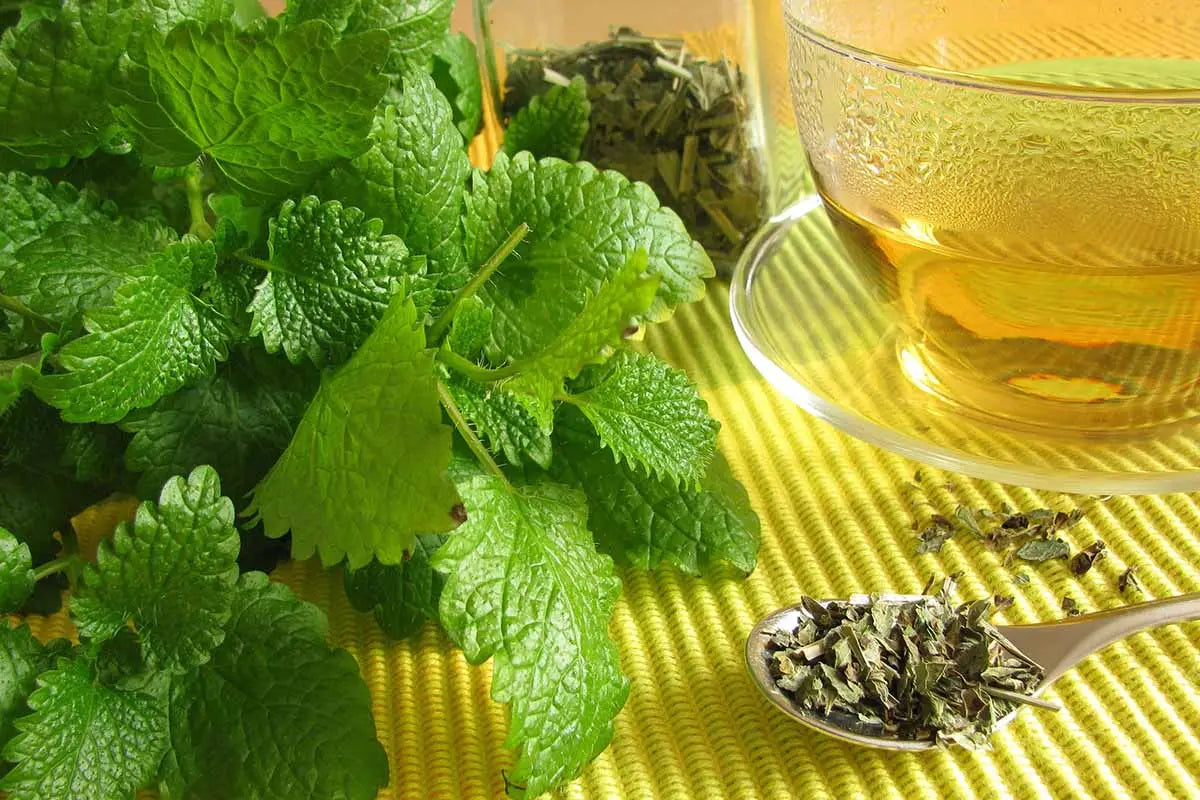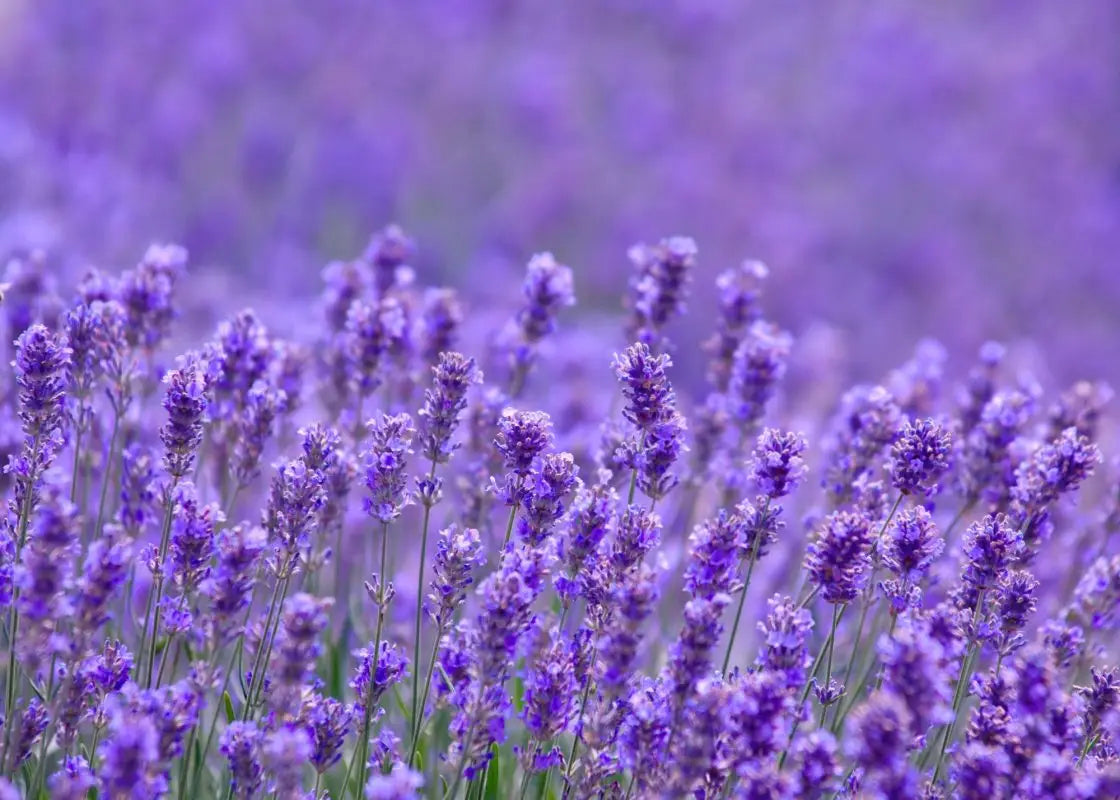Natural Remedies for Better Sleep
Deep Sleep Herbal Medicine- 7 Incredible Herbs To Help With Sleep
Herbal Medicine
Getting a good night's sleep is very essential for maintaining physical, mental, and emotional wellness. Deep sleep is an important part of the sleep cycle that allows our bodies to recover and rejuvenate. However, millions of people around the world suffer from sleep disorders, including insomnia and restless sleep. While there are many over-the-counter and prescription medications available to help with these issues, some people prefer to use natural remedies, such as deep sleep herbal medicine. In this article, we'll take a closer look at the benefits of using herbal remedies for sleep and the top herbs to promote deep, restful sleep.

1. The benefits of deep sleep herbal medicine
1.1 Reduced stress and anxiety
1.2 Improved sleep quality
1.3 Reduced insomnia symptoms
1.4 Non-habit forming
1.5 Natural and gentle
2. Top 7 most-effective deep sleep herbal medicine
2.1 Valerian Root
2.2 Passionflower
2.3 Chamomile
2.4 Lemon Balm
2.5 Ashwagandha
2.6 Lavender
2.7 Magnolia Bark
3. In conclusion
1. The benefits of deep sleep herbal medicine
Stress, anxiety, and other factors can make it difficult to fall asleep or stay asleep, leading to daytime fatigue, irritability, and a range of other negative consequences. Fortunately, there are many herbal medicines available that can help improve the quality of your sleep, including deep sleep herbal medicine. Unlike prescription sleep aids, herbal remedies are typically safer and have fewer side effects. Additionally, they can often be used in conjunction with other treatments for sleep disorders.
Here are some of the benefits of deep sleep herbal medicine:
1.1 Reduced stress and anxiety:
Many herbal remedies contain natural compounds that help to reduce stress and anxiety, such as chamomile, valerian root, passionflower, and lavender. By calming the mind and body, these herbs can help you achieve a deeper, more restful sleep.
1.2 Improved sleep quality:
Some herbs, like valerian root, have been shown to improve sleep quality by increasing the amount of time spent in deep sleep. This type of sleep is essential for feeling rested and refreshed in the morning.

1.3: Reduced insomnia symptoms:
Herbal remedies can also help to reduce the symptoms of insomnia, such as difficulty falling asleep or staying asleep. Valerian root, passionflower, and chamomile are all examples of herbs that have been used to treat insomnia.
1.4 Non-habit forming:
Unlike many prescription sleep medications, herbal remedies are non-habit forming and generally have fewer side effects. This makes them a safer option for long-term use.
1.5: Natural and gentle:
Herbal medicine is a natural and gentle way to promote sleep and relaxation. Many herbs can be brewed into a soothing tea or added to a warm bath, making them an easy and enjoyable addition to your bedtime routine.
2. Top 7 most- effective deep sleep herbal medicine
Here are some of the top herbs that are known to promote deep and restful sleep:
2.1 Valerian Root
Valerian root is one of the most popular herbal remedies for sleep disorders, including insomnia. This herb has been used for centuries to promote relaxation and reduce anxiety. Valerian root contains compounds called valepotriates and valeric acid, which have been shown to have sedative effects.
Valerian root is believed to work by increasing the levels of gamma-aminobutyric acid (GABA) in the brain, a neurotransmitter that promotes relaxation and reduces anxiety.
2.2 Passionflower
Passionflower is another herb that has been used for centuries to promote relaxation and reduce anxiety. This herb contains flavonoids and alkaloids that have been shown to have sedative effects. Passionflower is believed to work by increasing the levels of GABA in the brain. Passionflower is also known to reduce inflammation and improve mood, making it an excellent choice for those who suffer from sleep disorders due to stress or anxiety.

2.3 Chamomile
Chamomile is a gentle herb that is often used to promote relaxation and improve sleep quality. Chamomile contains compounds called apigenin and luteolin, which have been shown to have sedative effects. Chamomile is believed to work by increasing the levels of glycine in the brain, a neurotransmitter that promotes relaxation. This tea is a popular sleep aid and has been shown to have anti-inflammatory effects, reducing inflammation and promoting better sleep quality.
2.4 Lemon Balm
Well-known for its calming properties, lemon balm is often used to treat anxiety and insomnia. This herb contains compounds called rosmarinic acid and eugenol, which have been shown to have sedative effects. Lemon balm is believed to work by increasing the levels of GABA in the brain. According to a number of studies, lemon balm has the ability to both enhance the quality of slumber and shorten the amount of time it takes to get to sleep. It can be consumed either as tea or in the form of a dietary supplement.

2.5 Ashwagandha
Ashwagandha is an adaptogenic herb that is known for its ability to reduce stress and anxiety. stress. Ashwagandha is believed to work by reducing the levels of cortisol, a hormone that is associated with stress and anxiety. It can be taken in supplement form and is often used to treat sleep disorders caused by stress or anxiety.
2.6 Lavender
Lavender is a popular herb used for its calming properties. Its common usage is to induce a state of calmness and alleviate feelings of anxiety. Lavender works by increasing the levels of GABA and reducing inflammation. It can be taken as tea, in supplement form, or as an essential oil.

2.7 Magnolia Bark
Magnolia bark is a herb that has been used in traditional Chinese medicine for centuries to promote relaxation and reduce anxiety. This herb contains compounds called honokiol and magnolol, which have been shown to have sedative effects. Magnolia bark is believed to work by increasing the levels of GABA in the brain. Research has indicated that the consumption of magnolia bark can lead to an improvement in the quality of sleep.
3. In conclusion,
If you're struggling with sleep disorders and want to try a natural remedy, deep sleep herbal medicine may be the solution you've been looking for. There are many herbs that can help promote relaxation, reduce anxiety, and improve sleep quality. Valerian root, passionflower, chamomile, lemon balm, ashwagandha, and lavender are all excellent choices for promoting deep, restful sleep. Most of them are easy to find in The Rike with decent quality and clear information about properties.
As with any supplement or medication, before starting any new herbal remedy, talk to your doctor if you are on medications, have other health problems, are pregnant or nursing, or are taking other medicines.





Leave a comment